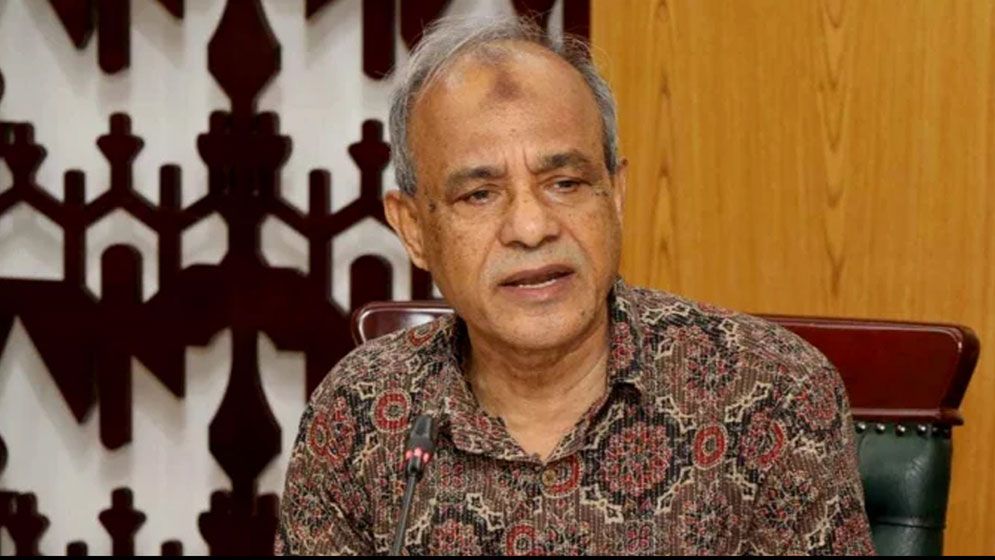In a significant policy shift, the Bangladesh government has decided to withdraw all lethal weapons — including Chinese rifles, submachine guns, and 9mm pistols — from regular police forces.
These weapons will now be restricted solely to the Armed Police Battalion (APBn).
The decision was announced by Home Affairs Adviser Jahangir Alam Choudhury following the ninth meeting of the Law-and-Order Advisory Council Committee held on Monday.
He told journalists that the police will be required to surrender all such weapons and that the APBn alone will retain the authority to carry them.
“Lethal weapons will be retained only by the APBn. There is no need for the police to carry lethal arms during operations,” the adviser said.
The decision follows growing public demand to demilitarise law enforcement following the fall of the Awami League government on 5 August 2024, which was toppled amid a mass student-led and civilian uprising.
The crackdown by security forces during the unrest left over 1,500 people dead, according to human rights estimates.
In the wake of the uprising, civil society groups, human rights advocates, and administrative officials began calling for the withdrawal of lethal arms from the police.
The issue was also raised during the Deputy Commissioners’ Conference in February this year, where multiple DCs recommended restricting such weapons to specialised units only.
When asked about the implementation timeline, Adviser Choudhury said: “This is just a decision taken today. No decision is implemented instantly — it will take some time.”
A special committee headed by Khuda Bakhsh Choudhury, special assistant to the Chief Adviser at the Ministry of Home Affairs, has been formed to determine which weapons may be retained by the police and to outline the protocols for their use.
The meeting also addressed the future of the Rapid Action Battalion (RAB), a paramilitary force previously accused of extrajudicial killings and human rights violations under the former regime. A separate committee has been formed to evaluate whether the RAB will continue to operate under its current name and uniform and to determine how the force should be restructured.
The committee will consist of five to six members drawn from various security forces and may expand its membership if needed. The mandate includes decisions on RAB’s organisational structure, operational scope, and future legal framework.
The council also reviewed law and order issues ahead of the upcoming Eid-ul-Adha festival. The home affairs adviser emphasised that all garment factory owners must pay workers their legal wages before Eid.
“All factory owners must pay workers their lawful wages. However, no illegal demands will be tolerated. If any group attempts to stage an unlawful protest, it will not be allowed,” he added.
For public safety during the Eid cattle markets, each market in Dhaka must deploy 100 Ansar personnel. The Highway Police will also be active during the Eid travel period, with measures in place to ensure safe transport and to curb extortion and traffic disruptions.
One of the most pressing topics at the meeting was the recent spate of forced repatriations (push-ins) by India’s Border Security Force (BSF). Adviser Choudhury said: “India has pushed in many people, most of whom are Bangladeshi citizens.”
According to Major General Mohammad Ashrafuzzaman Siddiqui, Director General of Border Guard Bangladesh (BGB), on 7 and 8 May, the BSF forcibly pushed 202 individuals into Bangladesh. These people were left in uninhabited, remote areas of Khagrachhari and Kurigram, making their detection and rescue challenging.


